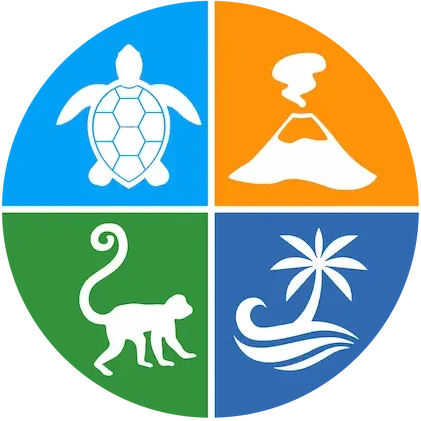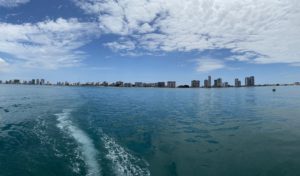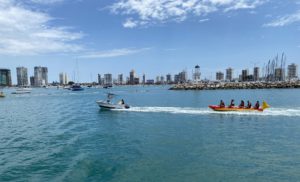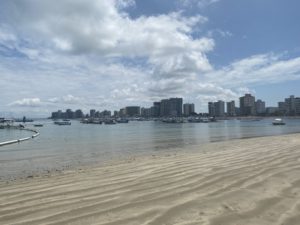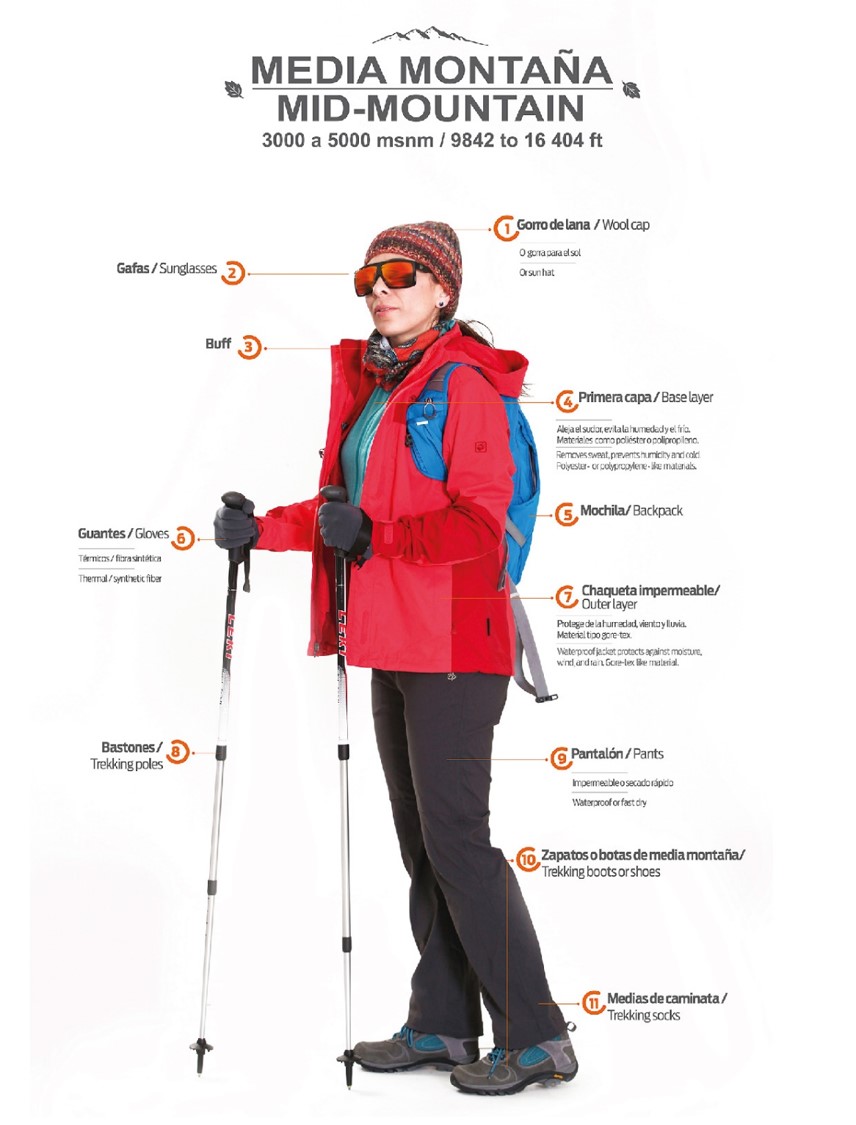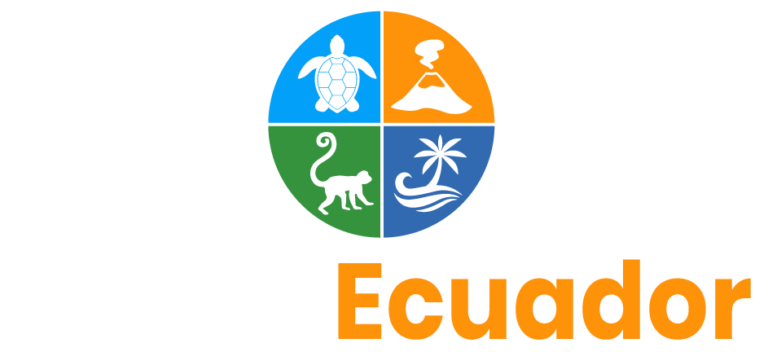OVERVIEW:
Get ready for a coastal journey like no other along Ecuador’s legendary Spondylus Route—named after the sacred shell once treasured by ancient Andean civilizations. This carefully crafted itinerary invites you to explore wild beaches, vibrant surf towns, national parks, archaeological wonders, and authentic coastal communities. It’s the perfect mix of culture, adventure, comfort, and cuisine for travelers aged 30–50 seeking meaningful and unforgettable experiences.
DETAILED ITINERARY
Arrival in Guayaquil – Transfer to Salinas
Step into the rhythm of the coast as you land in Guayaquil and transfer to the beachside city of Salinas. Known for its dramatic sunsets and upscale seafood spots, Salinas welcomes you with ocean breezes and a relaxing atmosphere. Enjoy a welcome cocktail and a gourmet dinner at a local seaside restaurant.
Max Altitude
---
Meals
Dinner/-/-
Accomodation
Boutique hotel in Salinas
Distance
145 km
Duration
2.5 hrs
Coastal Drive – Chocolates & Surf in Montañita & Olón
Venture into the heart of Ecuador’s surf culture as we drive the scenic coastal highway. Stop at Dos Mangas to explore a cacao farm and taste locally made chocolate. Then head to legendary Montañita, where colorful vibes meet laid-back surf life. End the day in peaceful Olón, where optional horseback rides on the beach make for a perfect sunset moment.
Max Altitude
---
Meals
Breakfast / Lunch /-
Accomodation
Oceanview lodge in Olón
Distance
100 km
Duration
Full day
Machalilla National Park – Community & Nature
Discover the living heritage of Ecuador’s coastal ancestors with a visit to Agua Blanca, a pre-Columbian community inside Machalilla National Park. Connect with local traditions, soak in a natural sulfur lagoon, and hike through dry tropical forest to reach the pristine Los Frailes Beach, one of the country’s most beautiful protected shores.
Max Altitude
---
Meals
Breakfast / Lunch /-
Accomodation
Eco-lodge in Puerto López
Distance
40 km
Duration
Full day
Isla de la Plata – Wildlife and Snorkeling Adventure
Set sail toward adventure on a full-day boat trip to Isla de la Plata, nicknamed “The Poor Man’s Galápagos.” Hike along rugged trails to observe blue-footed boobies, frigatebirds, and tropical flora, then dive into turquoise waters for snorkeling with colorful marine life.
Max Altitude
---
Meals
Breakfast / Box lunch /-
Accomodation
Eco-lodge in Puerto López
Distance
40 km (by boat)
Duration
6–7 hrs
Coastal Villages – Jama & San Vicente to Bahía de Caráquez
Hit the road northward through Ecuador’s coastal soul, passing through quiet fishing towns like Jama and San Vicente, where artisan markets and rural life offer an authentic window into the local culture. Arrive in Bahía de Caráquez, an eco-conscious coastal city with a sophisticated vibe and breathtaking estuary views.
Max Altitude
---
Meals
Breakfast / Lunch / Dinner
Accomodation
Boutique hotel in Bahía de Caráquez
Distance
140 km
Duration
Full day
Canoa Beach – Yoga, Relax & Local Life
Slow down and breathe in the coastal serenity of Canoa, a charming beach town perfect for unwinding. Join a morning yoga class, stroll barefoot on the beach, catch some waves, or simply enjoy a fresh ceviche in a hammock. Optional paragliding for thrill-seekers..
Max Altitude
---
Meals
Breakfast / Lunch / -
Accomodation
Eco-lodge or boutique hotel in Canoa
Distance
25 km
Duration
Flexible day
Return to Manta – Departure
Wrap up your coastal odyssey with a private transfer to Manta Airport for your return flight or onward adventure to the Andes or Galapagos. See you soon, Ecuador!
Max Altitude
---
Meals
(Breakfast, -, -)
Accomodation
(-)
Distance
80 km
Duration
2 hrs
SERVICES
Include
- Private ground transportation
- Bilingual certified guide
- 6 nights lodging in boutique or eco-hotels
- All activities and entrance fees as per itinerary
- Meals as mentioned
- Boat tour to Isla de la Plata with snorkeling gear
- Cultural visit to Agua Blanca community
Not include
- Domestic or international flights
- Travel insurance
- Personal expenses & tips
- Alcoholic drinks
- Optional tours (surf lessons, paragliding, horseback riding)
IMPORTANT DETAILS
In Ecuador you can Climb all year, but these are the seasons
High Season: June to August / December to January
Low season: February to May / September to November
Ecuador is a fantastic destination that offers plenty of options for travel lovers. In addition to the Andes, Galápagos and Amazon Jungle are also part of this amazing land.
About this tour
Difficulty: Demanding
Places: ✅ *Available
Trip-code: Number 🔺Ec +593
Duration: 9 days
Participants: Minimum: 2 Maximum: 12
Mountain Guide: Fernando Iza
Other dates / additional info: Contact us!
Legend Booking-information
EZZ – Single room supplement
- On this trip, places are still available.
- On this trip, only a few places left.
- This trip is sold out / closed.
MAPS
FAQ
1. What is the best time of year to climb in Ecuador?
Our tours typically include certified guides, transportation, accommodation, meals, and any necessary equipment for your activities. Specific inclusions vary depending on the tour, so be sure to check the detailed itinerary.
2. Do I need previous mountaineering experience?
Not necessarily.
- For Cotopaxi: Beginners with good fitness can join a summit program if they complete acclimatization hikes and receive basic glacier training.
- For Chimborazo and Cayambe: Prior glacier experience is highly recommended due to higher altitudes and longer summit pushes.
3. How important is acclimatization?
Acclimatization is critical. To prevent altitude sickness and improve summit chances, we recommend spending 3 to 5 days hiking at altitudes above 3,000 meters before attempting any summit over 5,000 m. Our acclimatization programs are designed to help your body adjust progressively.
4. Is a certified guide required
Yes. For safety and legal reasons, glaciated peaks like Cotopaxi, Chimborazo, Cayambe, and Antisana require an ASEGUIM/UIAGM certified mountain guide. All our guides meet this standard and have extensive experience in the Andes.
5. What gear do I need?
For glacier climbs, you need:
- Double insulated mountaineering boots
- Crampons
- Ice axe
- Climbing harness
- Helmet
- Headlamp
- Warm base layers, down jacket, and waterproof outer layers
- Gloves, hat, sunglasses, backpack
We offer rental equipment if you don’t own the necessary gear.
6. Can I rent mountain equipment in Ecuador?
Yes! We provide high-quality rental equipment at our base in El Chaupi, including boots, crampons, helmets, harnesses, and more. Let us know your sizes in advance so we can reserve your gear.
7. What happens if I don’t reach the summit?
Reaching the summit is a goal, but your safety is the priority. If weather, altitude, or health conditions require turning back, our guides will make the best decision for your well-being. We always aim to provide a rewarding and safe experience, regardless of the summit outcome.
8. How many climbers per guide?
- 1:1 or 2:1 ratio for glacier climbs (1 guide for every 1 or 2 climbers).
- This is the international safety standard for climbs on Cotopaxi, Chimborazo, and similar peaks.
9. Where do we stay before and after the climbs?
We use Iliniza’s Mountain Lodge, located in El Chaupi (3,300 m / 10,827 ft), as our base for acclimatization and logistics. The lodge offers:
- Comfortable beds
- Hot showers
- Healthy meals
- Breathtaking views of Iliniza, Corazón, and Cotopaxi
- It’s also the perfect spot for nearby acclimatization hikes like Saquihua (3,900 m) and Corazón (4,786 m).
10. How difficult are the climbs?
- Cotopaxi (5,897 m): Intermediate – requires good fitness and acclimatization.
- Chimborazo (6,268 m): Advanced – higher altitude, longer summit push, more demanding.
- Cayambe (5,790 m): Intermediate to advanced – technical sections and glacier travel.
- Iliniza Norte (5,126 m): Non-glaciated – great acclimatization peak.
- Iliniza Sur (5,263 m): Technical glacier climb – advanced climbers only.
11. What fitness level is required?
You should be in good physical condition, with experience hiking for 6–8 hours with a backpack. Cardiovascular fitness, strength, and endurance are essential. We recommend training hikes, running, or cycling at least 4–6 weeks before your trip.
12. Do I need travel or climbing insurance?
Yes. We strongly recommend purchasing travel insurance that includes high-altitude mountaineering and emergency evacuation. Make sure your policy clearly covers activities over 5,000 meters.
13. What if I’m traveling solo?
No problem! Many of our climbers come solo. You can:
- Join an existing group (based on dates and availability), or
- Book a private guide for a custom experience.
- Let us know your travel dates and goals—we’ll find the best option for you.
14. How do I get to Iliniza’s Mountain Lodge or the starting point?
We offer private transportation from Quito or Latacunga directly to the lodge or trailhead. You can also take public buses to El Chaupi, but we recommend our logistics support for ease and safety.
15. Can I combine several climbs in one trip?
Absolutely! We offer multi-peak packages such as:
- Cotopaxi + Chimborazo (9-day tour)
- Cotopaxi Summit + Acclimatization Package (5-7 days)
- Climb Iliniza Norte, Cayambe, and Cotopaxi in one trip
- These allow you to gradually acclimatize and increase your summit success.
